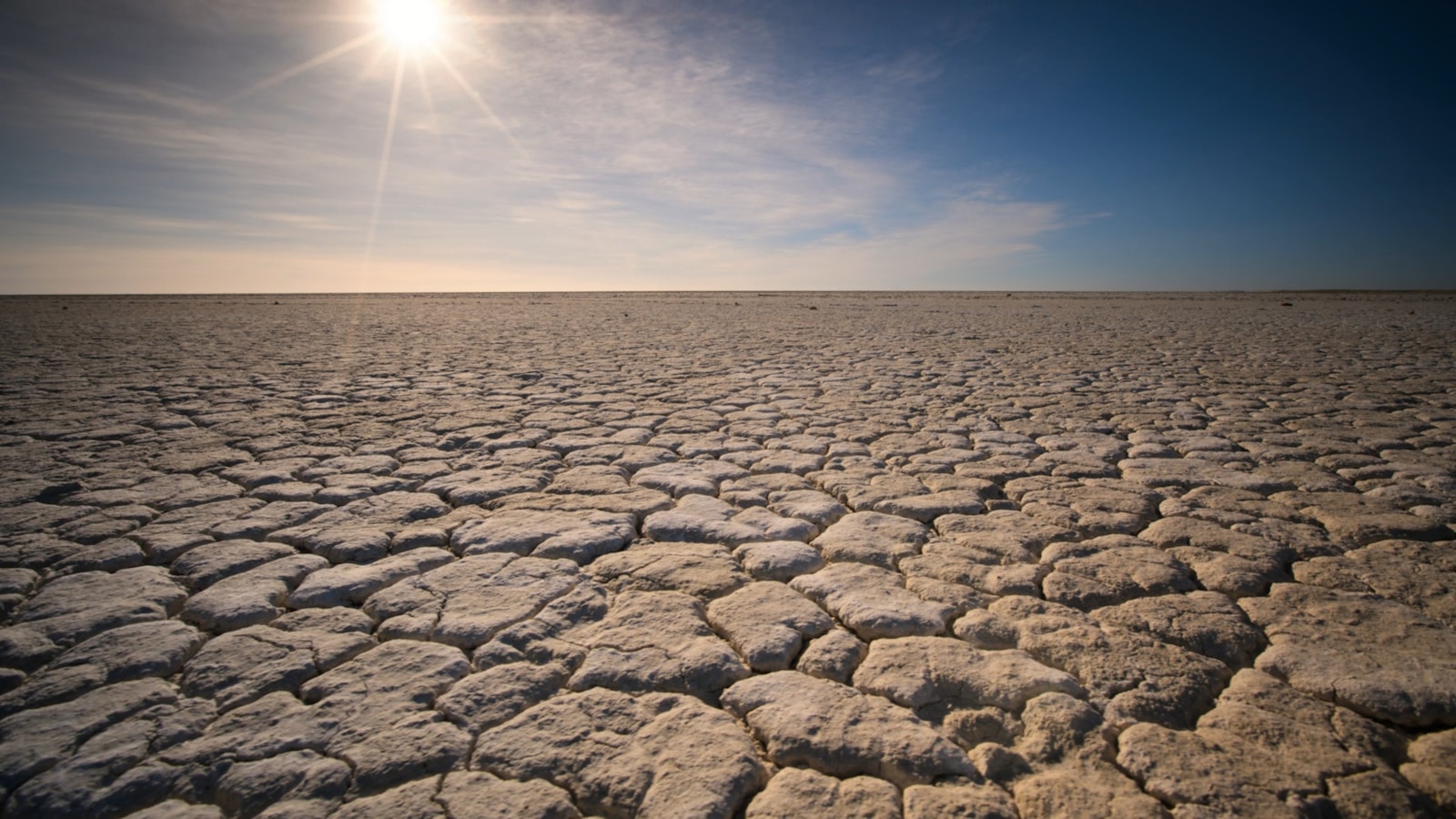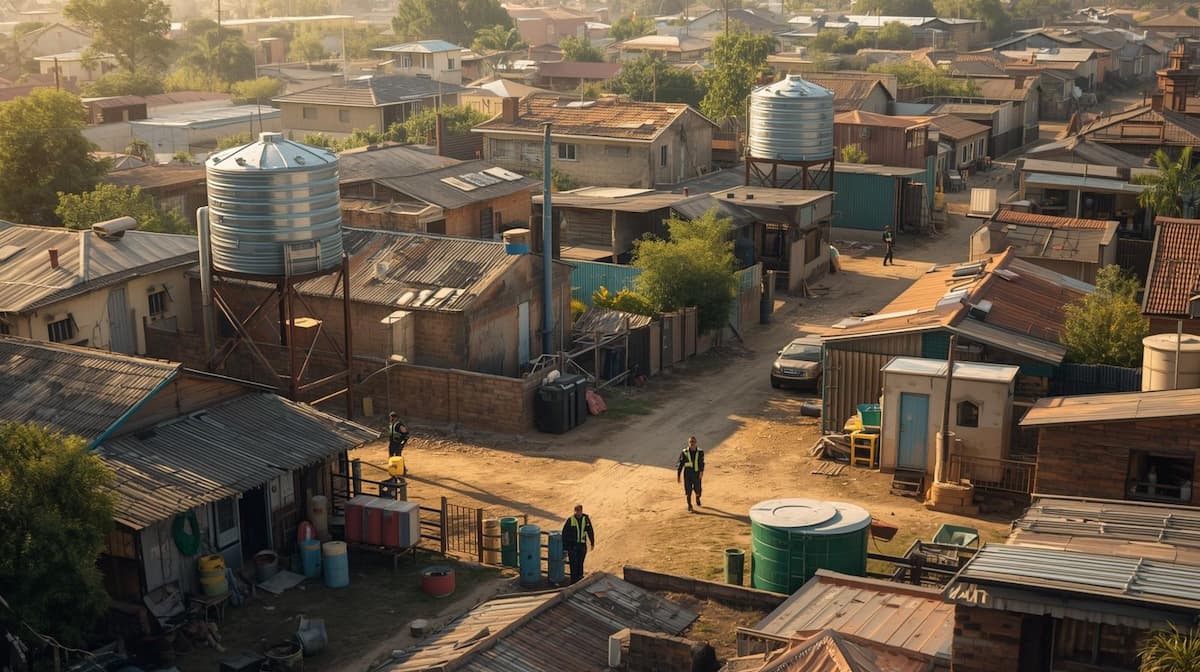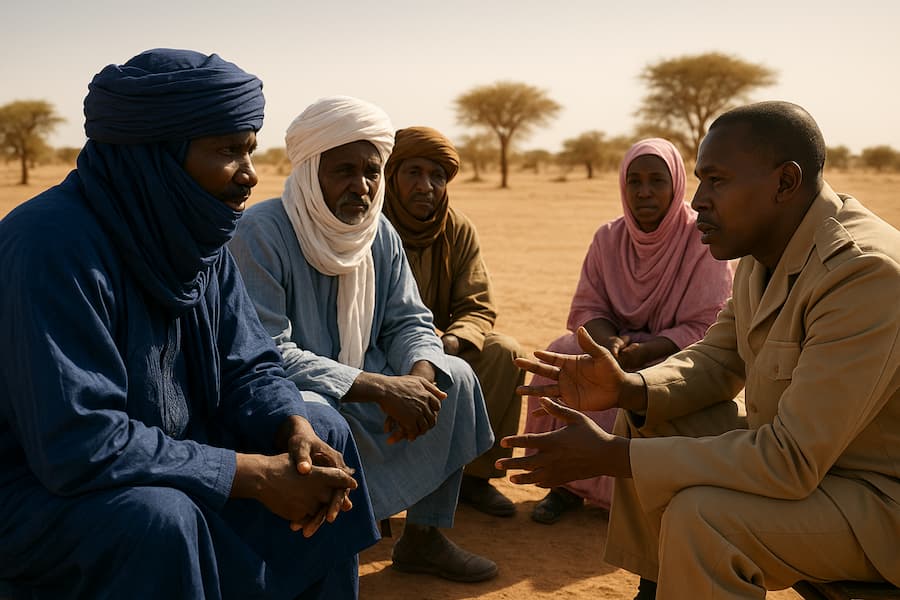How Social Networks Help Farmers Overcome Drought Challenges in Ghana
The Role of Social Networks in Alleviating Drought’s Impact on Ghanaian Farmers
Drought is a silent, yet powerful force that undermines the livelihoods of farmers across the globe. In Ghana, where agriculture plays a central role in the economy, its effects are particularly devastating. Farmers are not only grappling with depleted water resources, but also with mounting economic and emotional stress. However, a recent study highlights the crucial role that social networks play in providing both practical and emotional support to farmers during these tough times.
The Struggles of Farmers During Droughts
For many farmers in Ghana, drought isn’t just a seasonal inconvenience , it’s an existential threat. As temperatures rise and rainfall becomes unpredictable, crops wither, and livestock suffers. This results in financial instability, hunger, and long-term hardship. Farmers often face overwhelming anxiety, as their income directly depends on their ability to produce food. When the weather turns hostile, their livelihoods are jeopardized.
Beyond the physical toll on crops, droughts also carry significant psychological burdens. Many farmers feel a sense of helplessness and isolation. The uncertainty about future harvests, coupled with financial stress, often leads to despair. In some cases, farmers even consider abandoning their land, unsure of how to continue in the face of increasingly erratic weather patterns.
The Power of Social Networks
Despite these challenges, a growing body of research shows that social networks can be a vital resource for farmers. These networks include family ties, friendships, and connections with local agricultural groups. In times of drought, farmers turn to one another for practical advice, emotional comfort, and even material support.
1. Knowledge Sharing and Advice
In regions where access to information is limited, social networks serve as a key means of disseminating vital knowledge. Through word of mouth, farmers can learn about innovative agricultural techniques, drought-resistant crop varieties, or water-saving technologies. This shared knowledge can make a significant difference in the ability of farmers to adapt to changing weather patterns and improve crop yields.
2. Emotional Support and Solidarity
The emotional strain caused by droughts cannot be overstated. When one farmer faces a bad season, it affects the entire community. However, by relying on each other for emotional support, farmers can find comfort in knowing that they are not alone in their struggles. Social bonds help alleviate feelings of isolation and despair, offering farmers the resilience needed to persevere.
For example, community gatherings allow farmers to share their experiences and solutions, creating a sense of unity and collective problem-solving. Such solidarity can be a powerful source of motivation, even when the odds seem insurmountable.
3. Financial Assistance and Resource Sharing
In tight-knit communities, resource-sharing mechanisms can help farmers survive tough seasons. In many rural areas of Ghana, farmers depend on informal lending networks, bartering systems, and crop-sharing arrangements. These safety nets often provide a lifeline when times are hard. A farmer in need of seeds or water might borrow them from a neighbor, ensuring they can continue their farming activities despite the drought.
Additionally, community groups often come together to raise funds for farmers who are particularly affected by a poor harvest. This pooled financial support can help cover basic expenses, allowing farmers to sustain their families and continue their work until better conditions arise.
4. Access to Collective Action and Advocacy
Social networks also provide a platform for collective action. In Ghana, farmers have been able to advocate for better government support and policies that address the challenges posed by droughts. Through local agricultural groups, farmers can voice their concerns, demand more sustainable farming practices, and even push for policy changes that prioritize climate resilience.
In many cases, these collective efforts lead to tangible benefits such as better access to government aid, improved infrastructure for water management, and a stronger voice in national agricultural policy. Social networks enable farmers to stand together and push for changes that individual farmers may not be able to achieve alone.
How Technology Enhances Social Networks for Farmers
With the rise of digital communication tools, social networks have become more dynamic and far-reaching. Mobile phones and social media platforms allow farmers to share information and connect with experts and peers from across the country and even internationally. Platforms like WhatsApp and Facebook groups provide spaces for farmers to exchange knowledge, ask questions, and discuss new farming practices.
Digital networks also provide a way for farmers to access early warnings about droughts and other extreme weather events. With weather apps and SMS alerts, farmers can plan ahead, adjusting their farming schedules and techniques to reduce the impact of climate-related disasters.
While technology has its limitations, especially in rural areas where internet access is not always reliable, it is still playing an important role in transforming how social networks operate. The key is ensuring that all farmers, regardless of their technological access, can benefit from the supportive power of these networks.
The Impact of Social Networks on Resilience
The benefits of social networks are not just immediate , they can also have long-term impacts on the resilience of farming communities. By fostering a culture of mutual aid and knowledge exchange, social networks empower farmers to become more adaptable and better prepared for future challenges. When farmers help each other navigate the difficulties of a drought, they build a foundation of trust and cooperation that can carry them through even the toughest of times.
Resilient communities are more likely to find sustainable solutions to the problems they face, whether through improved irrigation systems, better land management practices, or stronger relationships with government and NGOs. The social fabric that binds these communities together is essential in navigating the uncertainties of a changing climate.
Conclusion: A Call for Strengthening Social Networks
The importance of social networks for Ghanaian farmers facing drought cannot be overstated. As climate change continues to affect weather patterns and exacerbate droughts, the need for solidarity, shared knowledge, and resource pooling becomes even more critical.
While technological tools can complement these networks, the strength of human connections remains a vital asset for farmers. Governments, NGOs, and local leaders should invest in strengthening these networks by providing farmers with the tools and support they need to stay connected, share information, and collaborate.
As droughts continue to test the resilience of agricultural communities, it is clear that social networks will remain a cornerstone of hope, survival, and adaptation. By fostering stronger, more connected communities, we can ensure that farmers are not left to face these challenges alone.
For more news: africaciviclens.com




